Accra, Nov. 19, GNA – Ghana’s efforts to reduce the excessive importation of rice has received a boost with the Asian African Consortium (AAC), a subsidiary of the Jospong Group, announcing the imminent introduction of its indigenous rice brand to the market.
Dr Bryan Acheampong, the Minister of Food and Agriculture, launched the ACC-branded Jospong Rice at the Agrifest 2024, in Accra.
The Minister endorsed the Jospong Rice, describing it as “authentic Ghanaian rice,” a news brief shared with the Ghana News Agency said.
“This high-quality rice is grown and processed in Ghana, meeting international standards to ensure a delicious and nutritious product for consumers. The initiative supports local farmers and the economy, demonstrating AAC’s dedication to strengthening Ghana’s agricultural sector,” the statement said.
The Jospong Group said the promotion of local rice would help reduce the reliance on imported rice and cut the over $560 million spent on importing rice annually.
The initiative also aligns with the government’s objective of boosting the economy through import substitution.
Mrs. Adelaide Agyepong, the Chief Executive Officer of AAC, said the company aimed at helping Ghana to build resilient food systems through strategic investments.
“With Jospong Rice, AAC is taking a significant step towards ensuring Ghana’s food future. By supporting local agriculture and promoting sustainable practices, AAC is helping to build a more resilient and food-secure Ghana,” she said.
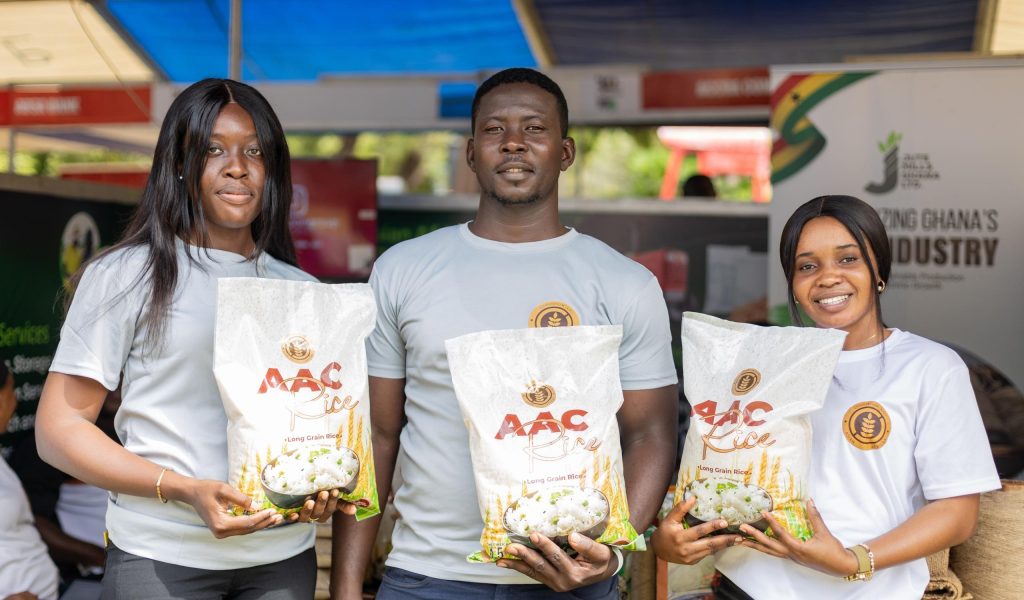
During the Agrifest 2024 event, the Asian African Consortium showcased its innovative solutions for sustainable food security and displayed modern agricultural equipment and mechanisation services.
The AAC also engaged with key stakeholders, including agrochemical suppliers, financial institutions, and government agencies to foster strategic partnerships aimed at strengthening Ghana’s agricultural sector.
“The Asian African Consortium is scaling up Ghana’s rice industry by investing in high-quality seeds, modern production technologies, and training for smallholder farmers. The goal is to replace the increasing quantities of imported rice,” the statement said.
Rice consumption in Ghana has nearly tripled in the past decade, with individuals consuming approximately 45 kilogrammes per year.
The local production of rice is expected to reduce the financial strain caused by rising imports and foreign exchange demand.
In 2023, the Asian African Consortium partnered with major players in the rice industry in Thailand and Ghana to develop an integrated rice farming project.
The initiative aligns with the government’s objective of boosting the economy through import substitution.
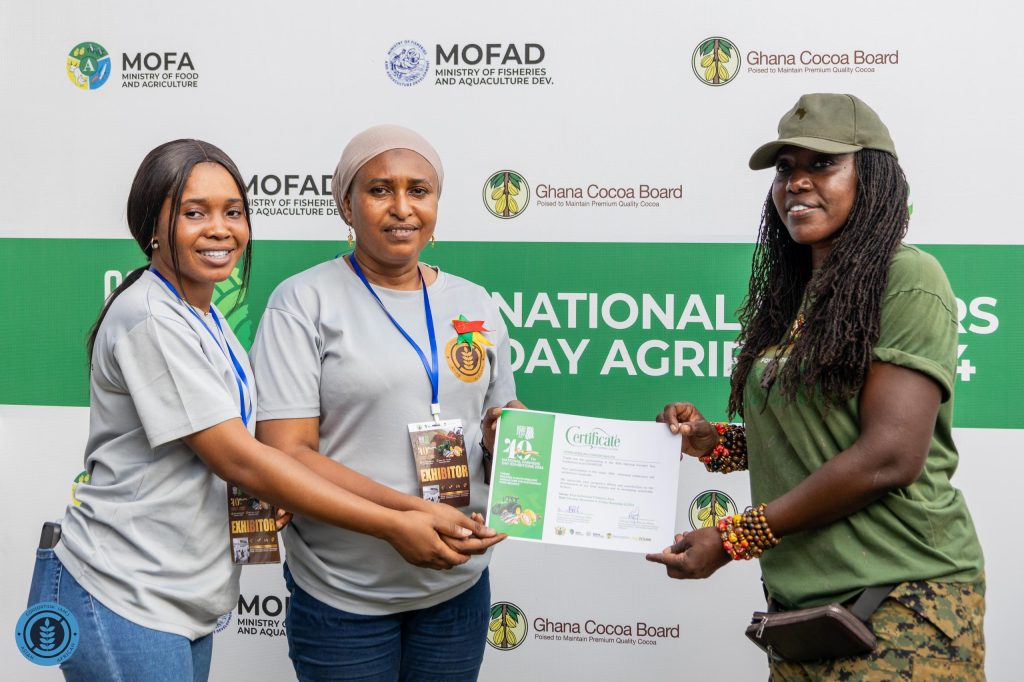
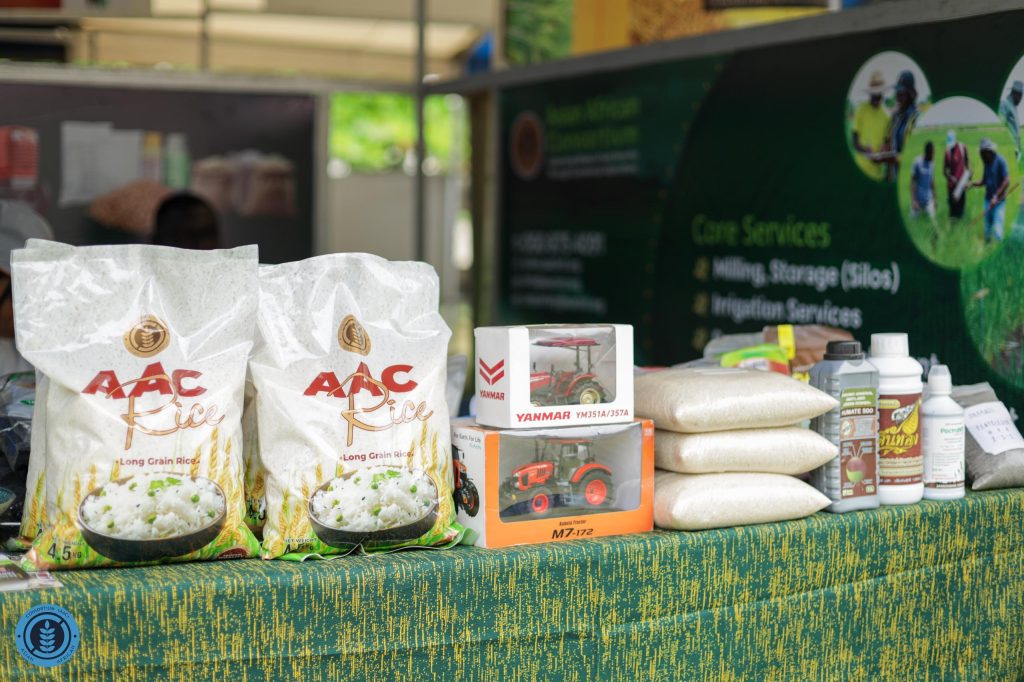
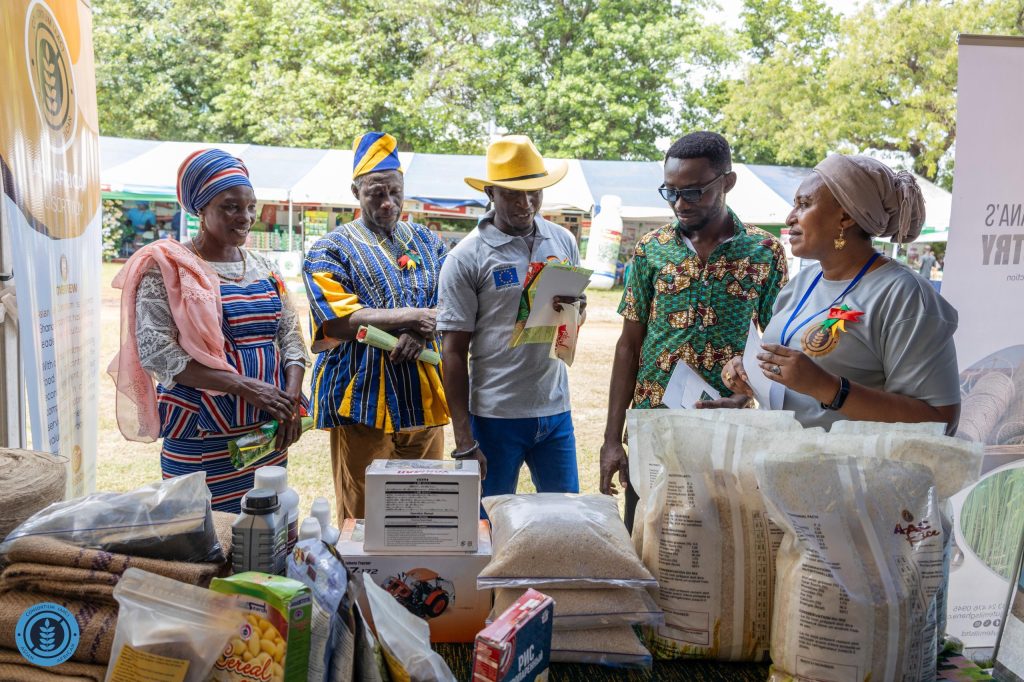
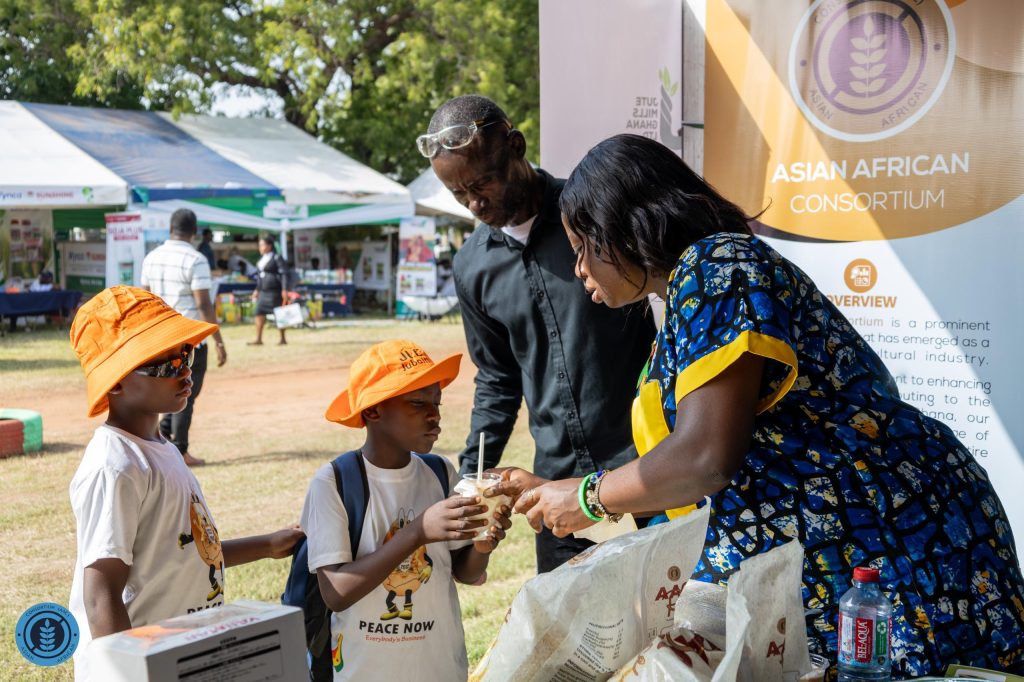
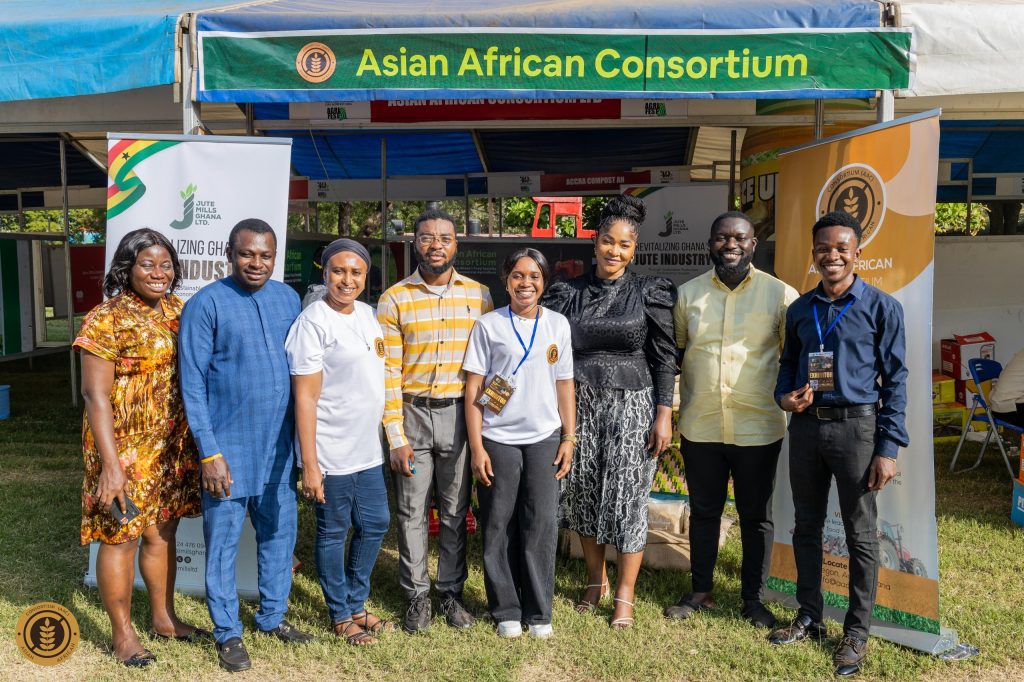
GNA